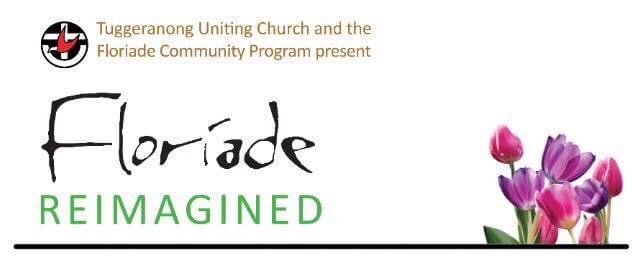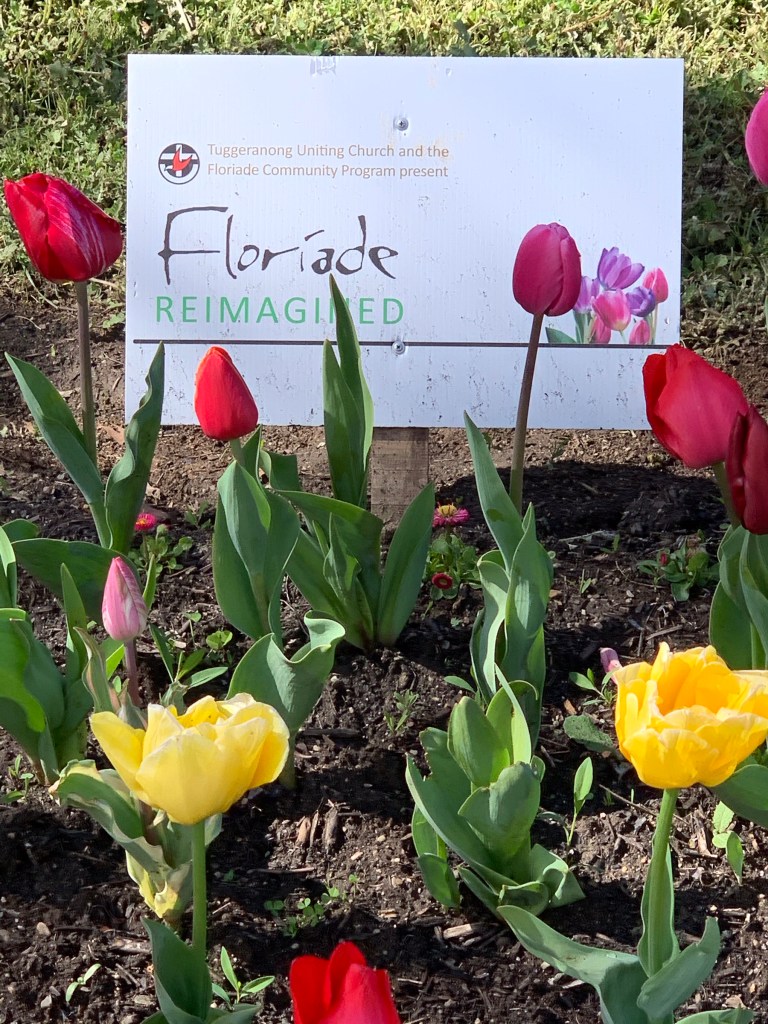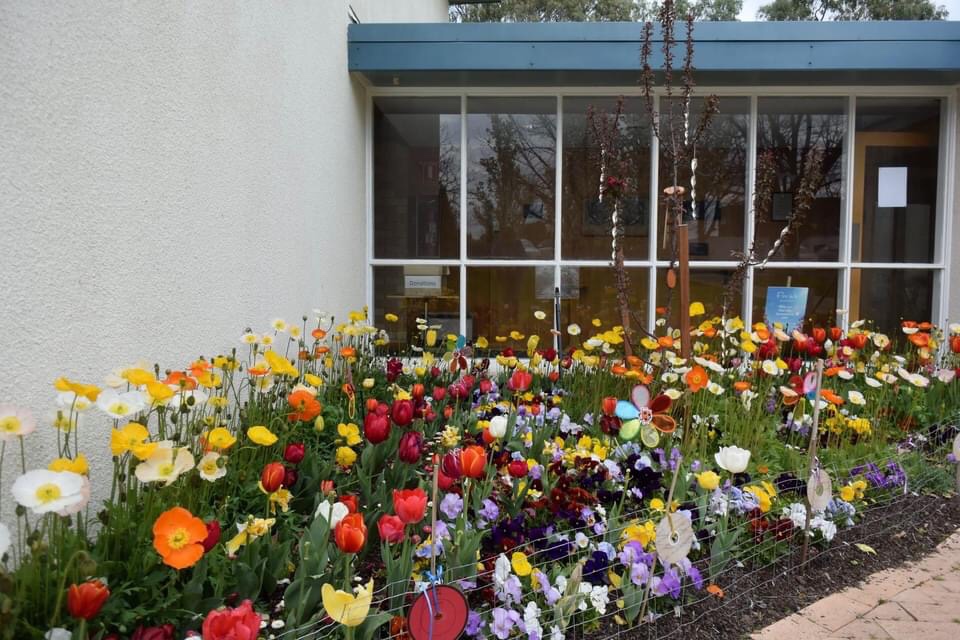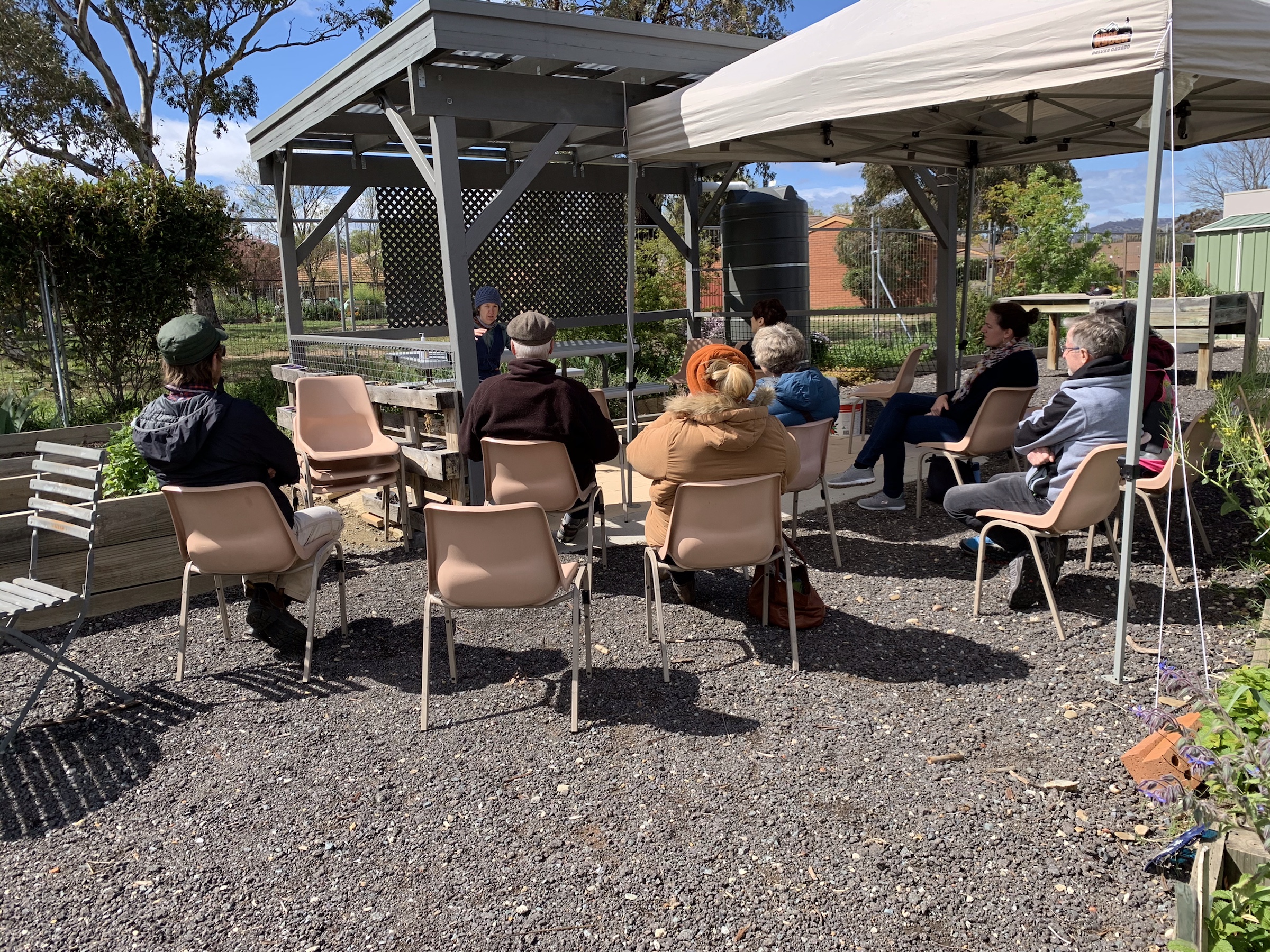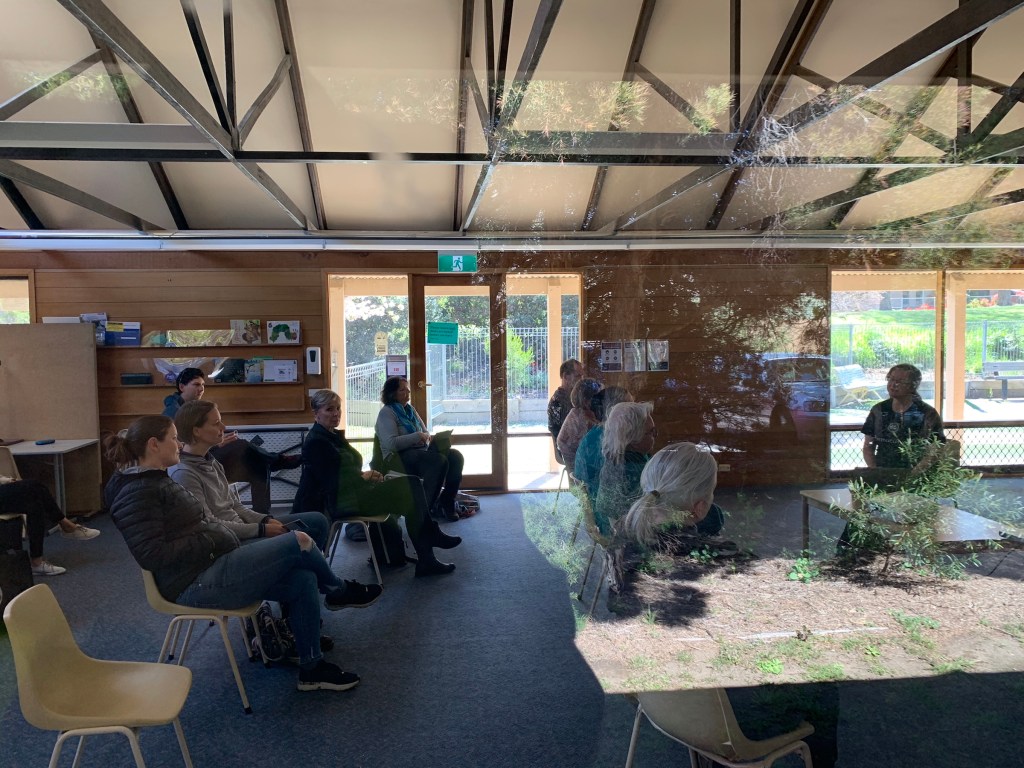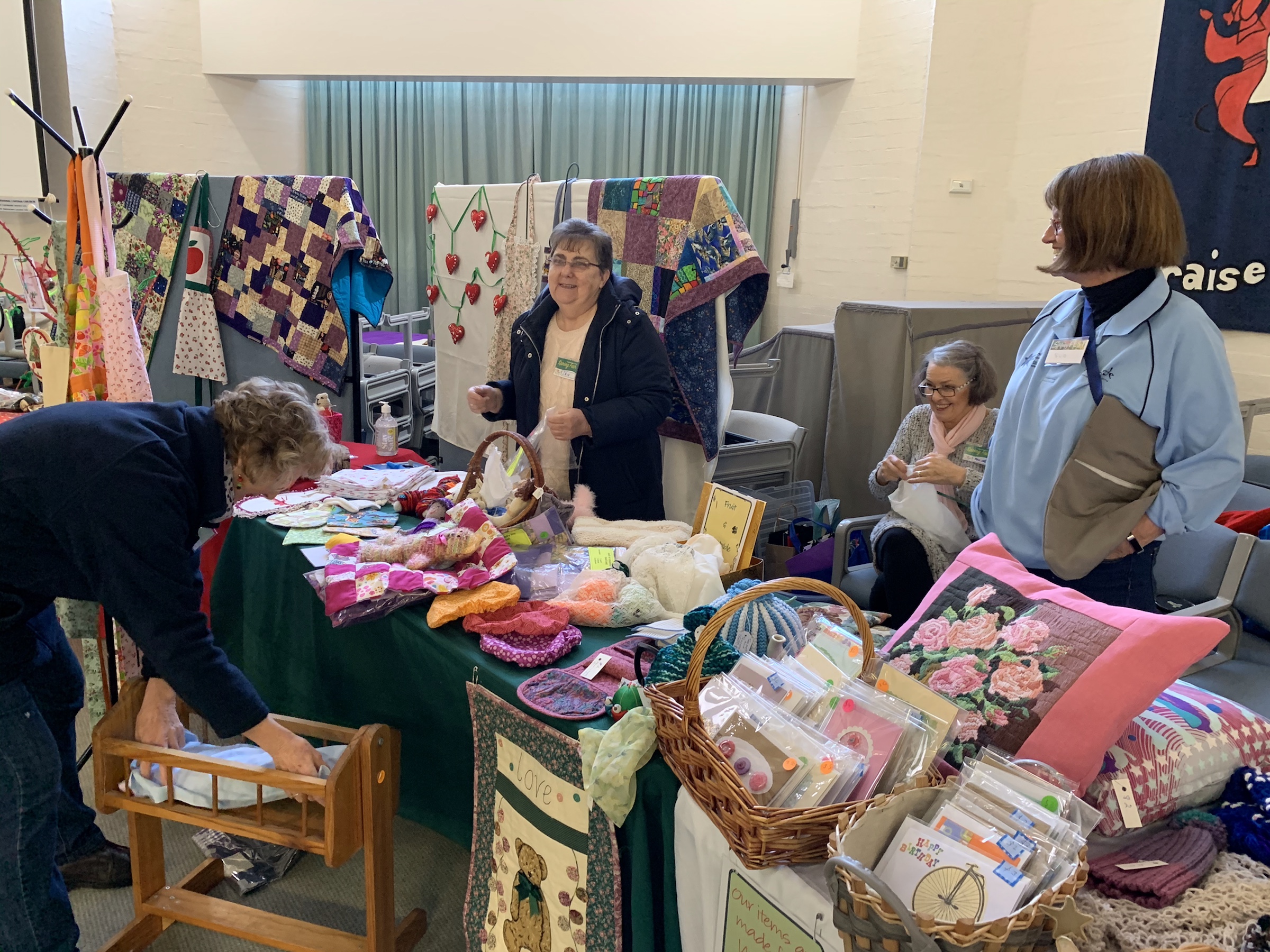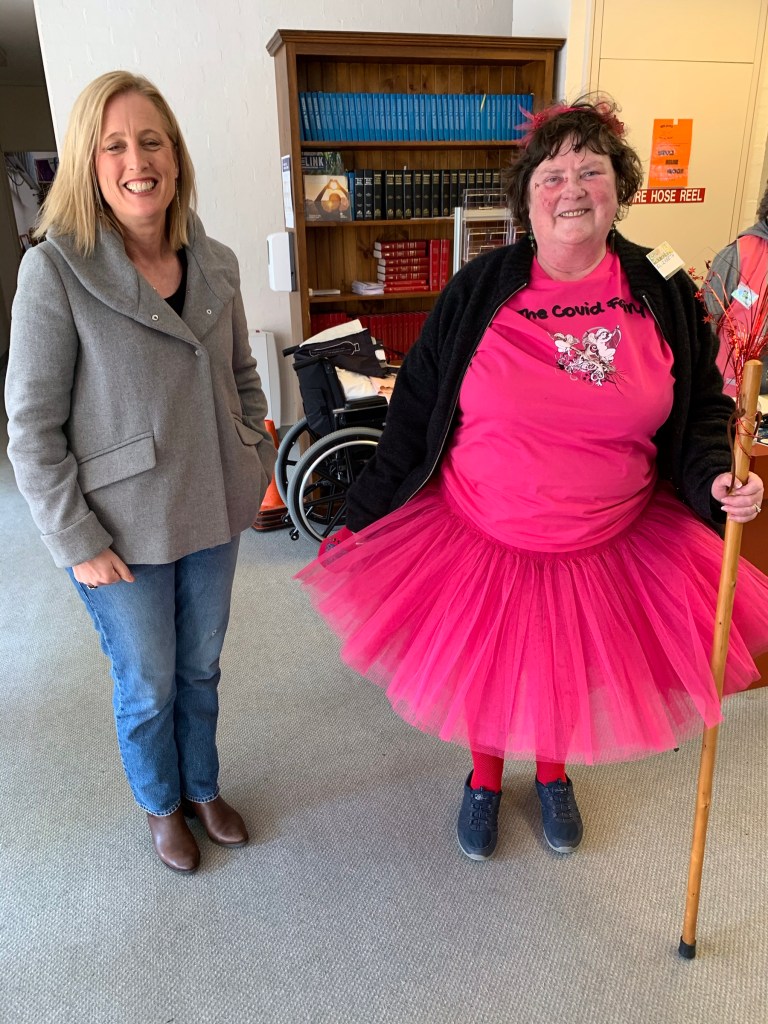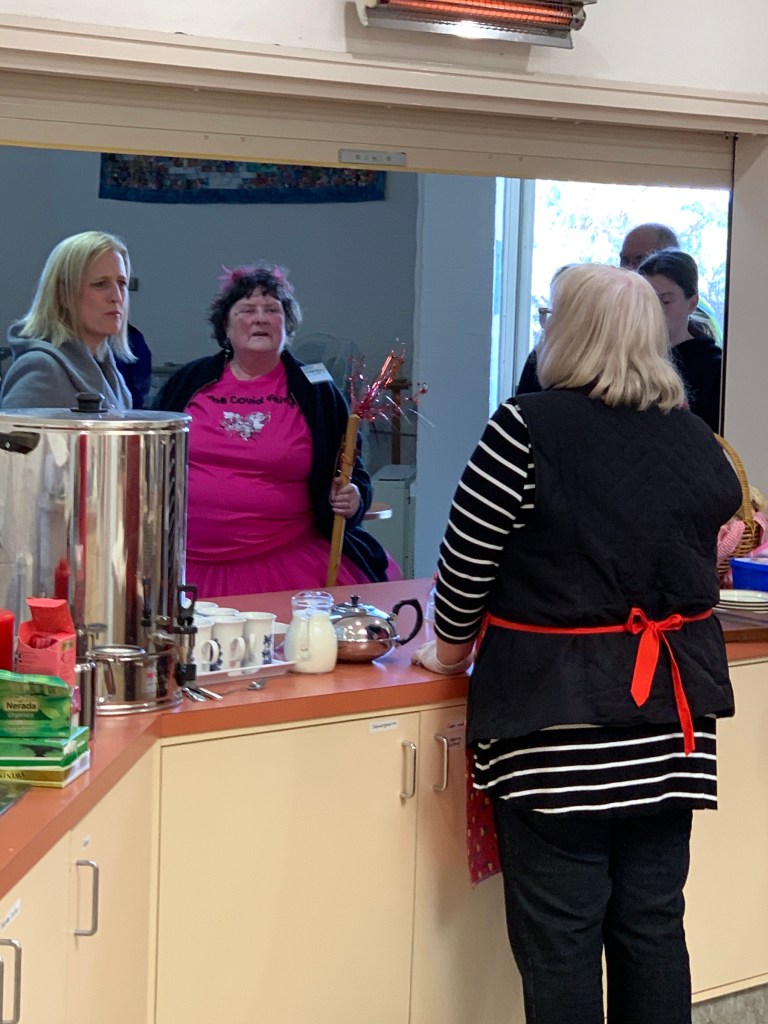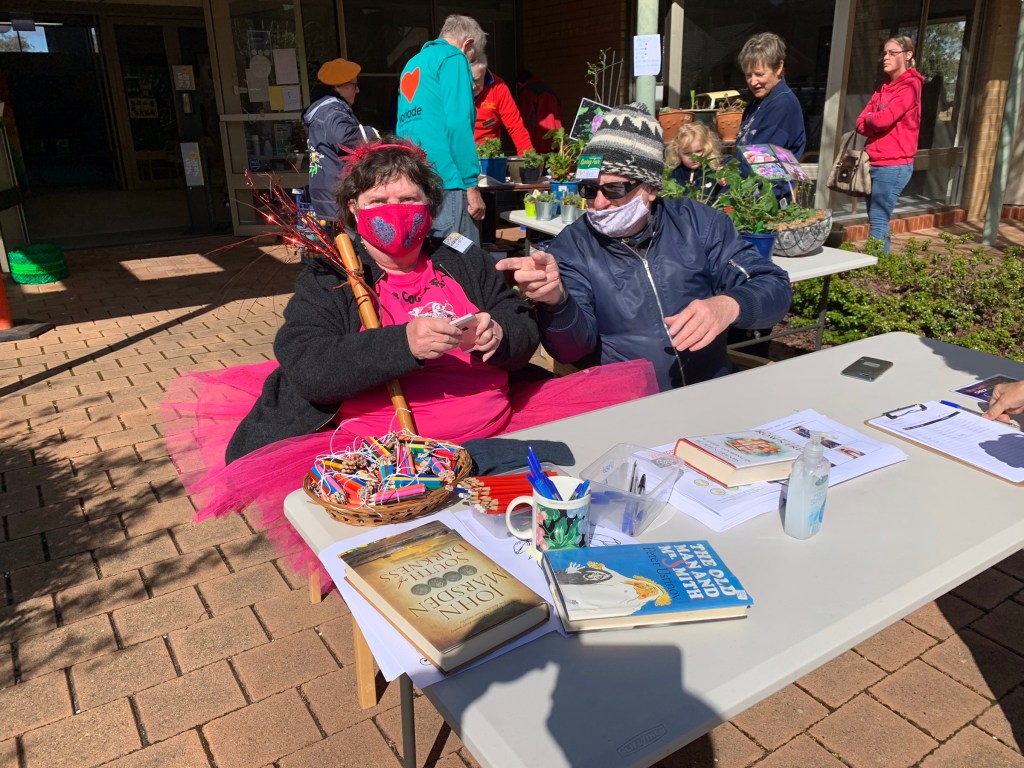We are all used to receiving invitations. Sometimes, those invitations come as an invitation that you just cannot refuse—the special performance that is a must-see, the party that you don’t want to miss, the occasion with a special friend that wouldn’t be the same without you being there.
This week, the lectionary provides us with a series of invitations. Do you want to refuse them? Are you going to say, “this is an invitation that I just cannot refuse” ? I hope not. Because I want to convince you, that you do have to refuse those invitations. In fact, you need to be clear that you are not going to accept any of these invitations.
The invitations are shaped by the way that the Christian Church has approached and interpreted its scriptures. The invitations are subtle and pervasive; they simply invite us to read and understand the passages in this week’s lectionary in the way that so many interpreters, throughout the history of the church, have interpreted these passages. The invitations invite us to adopt an anti-Israel, anti-Jewish, antisemitic way of reading these texts.
My exhortation this week is: don’t accept those invitations. Don’t get drawn into traditional ways of interpreting scripture that lead down the pathway of negative stereotyping of Jews. Don’t get caught in the traditions of antisemitism that grew and flourished across the many centuries of the existence of the church. Don’t judge negatively, don’t demean or deride, don’t open the door for destructive depictions and careless caricatures of our Jewish sisters and brothers.
The first invitation comes in the reading from Hebrew Scripture that is set in the lectionary this week (Exodus 20:1-20). It is an invitation to reflect on the heavy burden of the Law, the weight of demands that were placed on the people of Israel through the giving of the Law. It is a recounting of the Ten Commandments, and the importance of following them to the letter—to have “the fear of God” instilled in us to obey them and not sin (Ex 20:20).
The second invitation comes in the section of the letter which Paul wrote to the Philippians (Phil 3:4-14). It is an invitation to cast the whole of Jewish scripture and tradition as being of no value whatsoever. In this part of his letter, Paul reflects on his upbringing, and has a very colourful description for what he learnt, as a member of Israel, a Pharisee devoted to living a blameless life under the Law. Of all that he learnt as he was raised in this way, Paul writes, “I regard them as rubbish”—the ultra-polite way that the NRSV translates what, in Greek, reads literally as “I consider them all to be bullshit!” (Phil 3:8).
And the third invitation comes in the parable of Jesus which is included in ‘the book of origins’, and which its author (by tradition, the evangelist Matthew) interpreted as a polemic against the Jewish authorities (Matt 21:33-46). The parable is set in a vineyard. That’s an age-old symbol for the people of Israel—indeed, the lectionary offers us two passages from Hebrew Scripture (Isaiah 5:1-7 and Psalm 80:7-15) which show how old and enduring this imagery was.
The parable that Jesus tells recounts the hard-hearted way in which the tenants in the vineyard (a traditional symbol for the people of Israel) reject the messengers sent to them by the landowner (seen as a symbol for God), culminating in the atrocious treatment meted out to the landowner’s son (whom we presumably are meant to identify as Jesus, son of God), who is put to death. The punchline that Jesus crafts for this parable is potent: “the kingdom will be taken away from you” (Matt 21:43), he tells “the chief priests and the Pharisees” (Matt 21:45).
Do not be taken in by these three invitations! Do not succumb to even the merest whisper of anti-Jewish sentiment as you reflect on these passages! Do not be shy to decline these “invitations you cannot refuse”!
Why?
First: because the Law was given, not to be a burden, a heavy weight, a set of endless demands; the Law was given as a gift. In the Law, Israel was given a way of strengthening the Covenant relationship with God, of providing practical means for remaining in covenant relationship with God. No Jew regards the Law as a burden; universally, the Law is celebrated as a gift, and valued as a way to ensure a healthy and vibrant relationship with God.
The Ten Commandments need to be read in the context of the story as it transpired over time. The giving of the Law (Exodus 20) sits in the midst of the stories about Moses ascending the mountain, encountering God, and formalising the covenant relationship with God (Ex 19:16-25; and Ex 24:1-18). Before the Law is given (Ex 20), the Covenant is formalised (Ex 19). The requirements of Law follow on from the gift of Covenant. In this way, the Law itself becomes a gift—a way to ensure the strength of the Covenant.
And these scenes of Moses making the covenant with God and then ratifying it with all the people, need to be seen in the context of the still larger scope of the storyline, which tells of a series of covenants: with Noah, with Abraham, with Isaac, with Jacob (and on into future centuries, with David, with Solomon, through Jeremiah).
It is the covenant which is the primary context: the means by which God chooses, nurtures, and remains in relationship with Israel. The Law comes as the consequence of the gift of the Covenant; the Law provides a clear set of guidelines for maintaining that covenant and continuing in relationship with God.
That Law is embraced, valued, and celebrated in Jewish tradition and scripture. Just look at how it is described in the Psalm offered in this week’s lectionary selection, where the commandments and precepts of the Law are praised as “perfect, reviving the soul … sure, making wise …right, rejoicing the heart … clear, enlightening the eyes … true and righteous altogether … more to be desired are they than gold .. sweeter also than honey” (Ps 19:7-10).
Second: because the Jewish upbringing and Pharisaic practices that Paul had, were never totally jettisoned, even though this one colourful comment seems to suggest this. Paul has many ways by which he demonstrates that his Jewish upbringing, his years of study as a Pharisee, his intense dedication to the Law, all still continue to shape his life, his words, his actions, his very being, right through the years that he was a faithful follower of Jesus.
Paul had an extensive knowledge of Hebrew scripture; we see this demonstrated at many place in his letters (Rom 1:16–17; 3:9–20; 4:1–25; 9:6–11:12; 11:25–27; 1 Cor 1:19–25; 2:6–16; 2 Cor 8:15, 9:9; Gal 4:21–31) as well as in the reports of his preaching in Acts (Acts 13:32–41; 17:2–3; 26:22–23; 28:25–28). The whole argument that is developed in his letter to the Romans is an exposition of a key affirmation, made at Rom 1:16-17, which itself quotes and draws from the words of Habakkuk, a late 7th century Israelite prophet (Hab 2:4). That argument engages consistently and in complex ways with the Hebraic traditions and understandings that were so central to Paul’s spiritual life. He uses pearl-stringing, argument by analogy, diatribal argumentation, midrashic storytelling, and other techniques which he undoubtedly learnt from his Pharisaic teachers.
(See also https://johntsquires.com/2020/07/20/spirit-and-scripture-in-romans-rom-8/)
In writing to the Galatians, Paul asserts that the Law serves as a paidagogos (3:21–24)—a position in Greek society in which a tutor both instructs and disciplines a young man until he reaches his maturity. So Paul does not portray the Law as obsolete and completely irrelevant and; rather, he insists that “the Law is not opposed to the promises of God” (3:21). In fact, he supports his position with an argument drawn from “the Law”, that is, Hebrew scripture—the accounts of the two children of Abraham (found in Gen 16 and 21) provides an allegory for the two covenants made by God (4:21–31). And in Romans he affirms that “the Law is holy, and the commandment is holy and just and good” (Rom 7:12).
There are many other examples of how Paul uses the debating techniques and reflects the theological insights that he learnt during his formative years, right through into his mature years, even when he was the most intense and most passionate follower of Jesus. So let’s not get caught into the trap of adopting an anti-Jewish attitude and claiming that we are simply following the lead of the Apostle Paul. His understanding was far deeper than that, and his engagement with the issue much more complex. (We might well say that his claim that his Jewish past was “bullshit” to him, is itself a claim that is, well, “bullshit”!)
Third: because the parable of Jesus is not intended to be simply an anti-Jewish polemic without any further refinement of understanding. It is true that, in the Gospel of Matthew, we find Jesus making some strident accusations and engaging in some vigorous debate with the Jewish authorities. But does he really believe that no faithful Jew will ever again enter the kingdom of heaven?
We need to read in context the rhetoric that Matthew places on the lips of Jesus in this Gospel. Judaism was in a state of flux as people lived under the continuing oppression of Roman rule. Guerilla groups initiated battles with the Romans on and off throughout the first century. These encounters intensified from 66 CE onwards. The destruction of the Temple in 70 CE was a pivotal moment. Evidence indicates that, during this time, there were various sectarian groups within Judaism who were contesting with each other for recognition and influence. Vigorous polemic and robust debate were not uncommon.
During this period, the Pharisees were becoming increasingly important as an alternative to the Temple cult, and emerging as the dominant Jewish religious movement. Their power base was moved from Jerusalem and spread throughout the area. When the Temple was destroyed, they moved the vacuum that was created, and became even more dominant. (From this time on, Pharisees evolved into the “Rabbis”, and they developed the kind of Judaism that became dominant through to the present time.)
The kind of debates that we see in the Gospels—debates where Jesus goes head-on with the Pharisees—need to be understood in this context. Jesus was not “cutting the cord” of his connection with Judaism. He was advocating, vigorously and persistently, for the kind of faith that he firmly believed in—and attacking the Pharisees for their failure, in his eyes, to adhere to all that they taught. And the accounts that we have of these debates come from years later than when they actually occurred; years that had been strongly shaped by the polemic and antagonism of the intervening decades.
Older academic Christian scholarship and popular Christian tradition both contain a preponderance of the stereotype that the Judaism of the time of Jesus was a harsh, legalistic, rigid religion—precisely because of the claimed “hardness of heart” of the Pharisees in their debates with Jesus. This stereotype was heightened by an unquestioning acceptance of the New Testament caricature of the Pharisees as hypocritical legalists who made heavy demands but had no soul commitment to their faith. It was claimed that they were the leaders of a static, dying religion.
This stereotype has been completely demolished in recent decades—both through the growing interaction between Christian and Jewish scholarship, and also through a more critical reading of the relevant primary texts. I am very pleased that my own church, the Uniting Church in Australia, has made it very clear that we do not adhere to these inaccurate and hurtful stereotypes.
(See https://assembly.uca.org.au/resources/key-papers-reports/item/1704-jews-and-judaism and the Statement linked at that page.)
Indeed, in Matthew’s Gospel, Jesus does nothing to overturn the Law or to encourage his followers to disregard the Law; he is portrayed as a Jew who keeps Torah to the full. Virtually all of his criticisms of the Pharisees can be understood within the framework of first century debates over the meaning and application of Law. The memory of Jesus in this Gospel is as a Torah-abiding Jew, who nevertheless stakes out a distinctive position within the context of those contemporary debates.
(See also https://johntsquires.com/2020/02/06/an-excess-of-righteous-justice-matt-5/)
Later written accounts of Jesus reflect the intensity of fervent debate as he encountered the scribes and Pharisees (see especially Luke 11:37-54; Matt 23:1-36). We should not interpret the parable of Jesus in Matt 21 as an outright condemnation of Judaism as a whole. As he debates the Jewish leadership of his day, he makes strong statements. But let’s not claim that Jesus validates any sense of anti-Jewish or antisemitic attitude.
(See https://johntsquires.com/2020/10/01/producing-the-fruits-of-the-kingdom-matt-21/)




